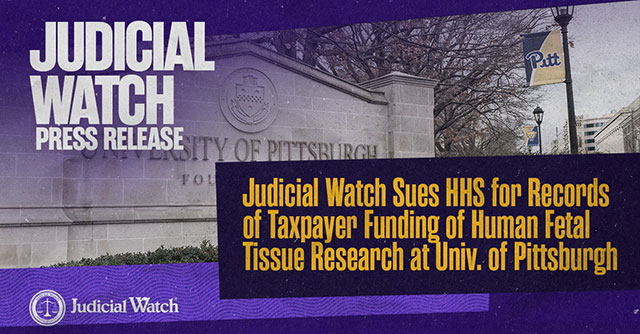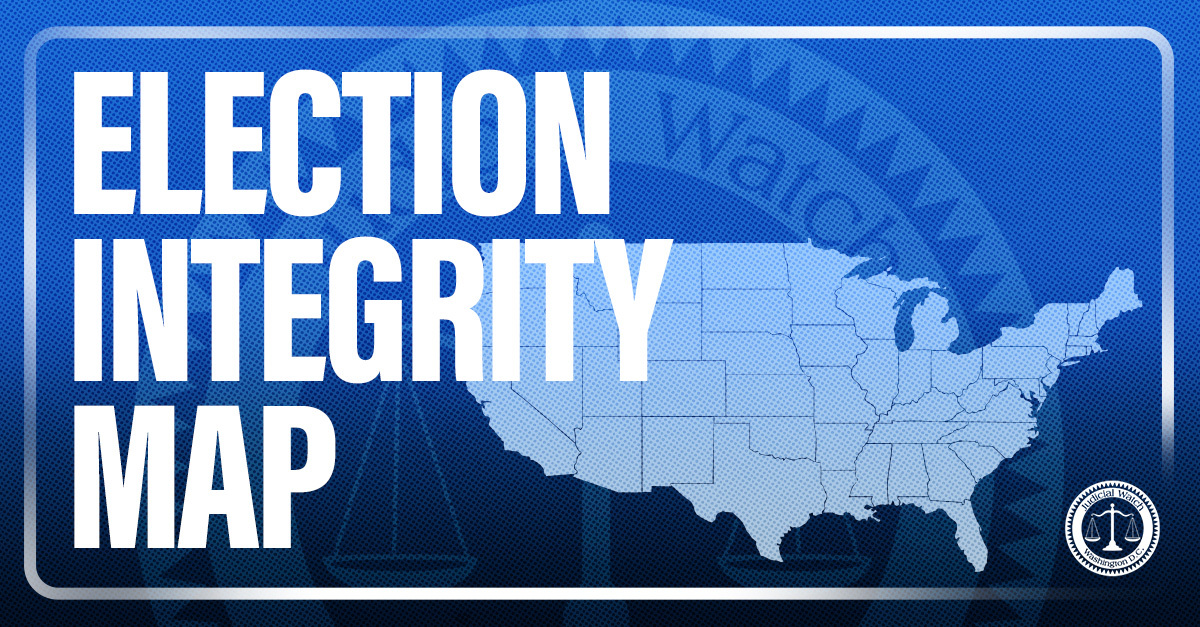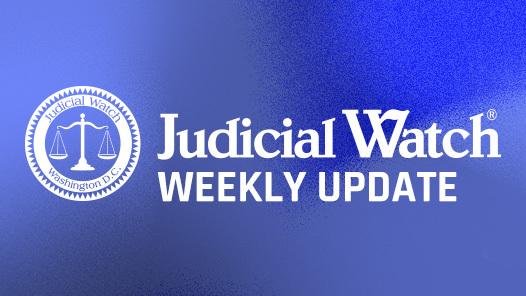
U.S. Has Cash to Close Memorials, Can’t Afford Enforcing FOIA
The U.S. government can spend money shutting down and barricading memorials around Washington D.C., but it won’t dedicate the necessary resources to obey transparency laws, using the shutdown as an opportunity to ignore the Freedom of Information Act (FOIA).
Without the accountability and transparency that FOIA is meant to provide, the government will essentially operate in secrecy. Nothing, not even a temporary, partisan impasse among lawmakers, should justify a furlough in the enforcement of government transparency laws. But that’s exactly what’s happening, according to the Reporters Committee for Freedom of the Press, a decades-old nonprofit that works to protect journalists’ FOIA rights.
“Parts of the federal government have declared transparency non-essential, deciding requests under the Freedom of Information Act will go unprocessed during the shutdown,” the group says in an announcement posted on its website this week. “Some agencies have indicated they won’t even accept FOIA requests until everything is back to normal and have suspended their websites.” Additionally, those seeking information from federal agencies should be “prepared for longer than usual delays in receiving the requested records,” the group says.
Among the federal agencies that have officially announced they won’t process FOIA requests during the shutdown are the Central Intelligence Agency (CIA), the Environmental Protection Agency (EPA) and the Food and Drug Administration (FDA). Others—like the Agriculture, Interior and Transportation departments—have simply disabled their FOIA websites without notifying the public. Some have confirmed “reduced FOIA operations.” They include the National Institutes of Health (NIH), the National Labor Relations Board (NLRB), the Government Information Services and the National Security Administration (NSA).
Even when FOIA is supposedly in full force, stonewalling and unnecessary delays are the norm when requesting public records from the government. Judicial Watch knows this firsthand because FOIA is a valuable tool in our work and JW files dozens of requests with a number of federal agencies every year. Generally the government must respond to a FOIA request within 20 days, though that rarely occurs and JW must take legal action to force compliance.
Just this week JW filed a FOIA request with the Department of the Interior for information related to blocking public access to national monuments in Washington D.C. due to the federal government shutdown. JW also seeks all records related to the cancellation of planned visits by veterans’ groups to the National World War II Memorial due to the shutdown. In the official request JW reminds the agency of a 2009 memorandum issued by President Obama. It states: “All agencies should adopt a presumption in favor of disclosure in order to renew their commitment to the principles embodied in FOIA…The presumption of disclosure should be applied to all decisions involving FOIA.”

















